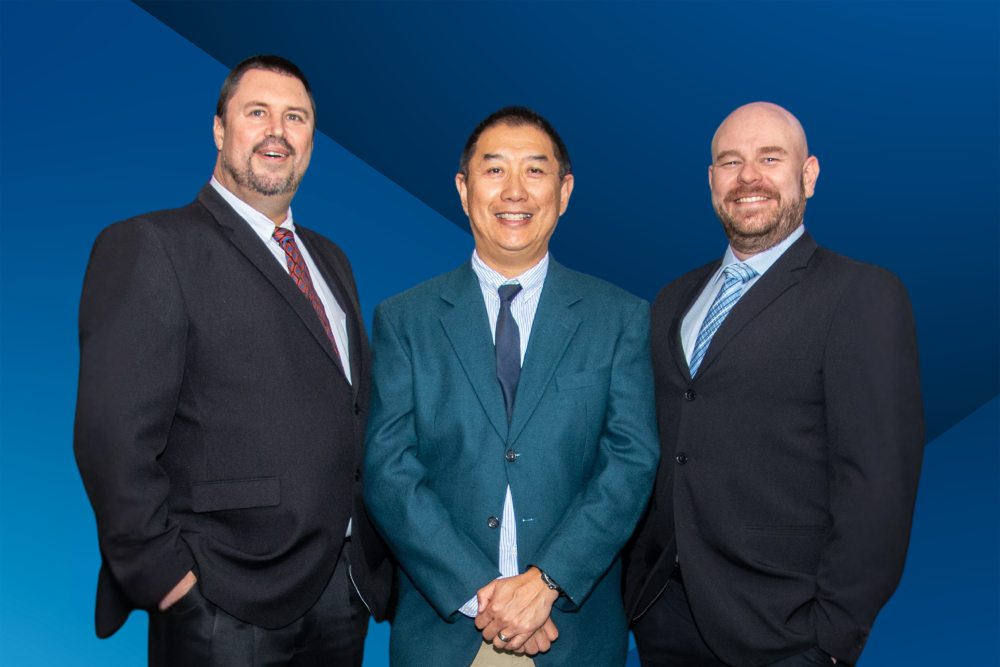In an environment characterised by instant gratification, instant reward and instant feedback, the drive to speed things up comes at a cost. When it comes to IT architecture and investment, the focus should be on long-term sustainability over shiny new bling. That’s the message from Dariel Software’s Office of the CTO (OCTO) team as they reflect on 2024 and look ahead to the next 12 months.
Mastering the basics and the allure of silver bullets
Dirk Ras, Architect and Practice Lead for Cloud at Dariel, says 2024 highlighted the dangers of underinvestment in core systems. “One major challenge we observed was businesses suffering from the knock-on effect of years of underinvestment in proper technology and renewal roadmaps. Many businesses didn’t take steps to maintain or upgrade their systems when they should have, and now they’re racing against end-of-life deadlines.”
“We’re also seeing businesses try to cut costs by leaning into AI-assisted models while reducing reliance on expensive engineering talent. It’s a tempting approach because engineering talent is expensive and difficult to manage, but the problem is that this leads to poorly thought-out implementations. Businesses need to understand that the complexity of managing smart people is worth it if you want sustainable, high-quality outcomes,” says Wayne Yan, CTO at Dariel.
The allure of silver bullet solutions like cloud migrations or blockchain implementations often distracts businesses from addressing fundamental problems. Jason Evans, Software Architect at Dariel, says that small successes can lead to overconfidence. “We’ve seen companies migrate one website to the cloud successfully and then assume their entire IT infrastructure should follow. Cloud isn’t always the answer. Every decision needs a clear business case.”
Yan says businesses should “stay in the problem space longer” to fully understand the constraints and objectives before jumping to solutions. “A stable, needs-based approach might not be sexy, but it’s the key to long-term success.”
Responsible experimentation
Experimentation is another area where businesses often falter. According to Jacques Burger, Senior Business Analyst at Dariel, the goal of experimentation is learning, not delivering a polished product. “Businesses need to get comfortable with testing and discarding what doesn’t work. Controlled, iterative experiments lead to informed decisions and scalable solutions. Of course, all this hinges on understanding the problem you’re trying to solve. If the goal is to refresh the tech stack or move to the cloud, then that’s one thing. If you’re trying to rejuvenate the business and change the way that it works through process improvement, then that’s a different thing. And fundamentally, the approach to solving these problems are different.”
“Businesses often chase flashy solutions rather than taking a boring but stable approach to technology decisions. A flashy pitch might look great in a presentation, but what really matters is staying in the problem space longer. Understand the constraints, budget, talent, and maturity before jumping into solutions. Requirement elicitation followed by responsible experimentation beats silver bullets every time,” agrees Yan.
Treating data as an asset
Data governance will be a critical focus for 2025. Businesses must move beyond seeing data as something to store and instead treat it as a valuable asset. “Data quality improves when it’s treated like any other business asset,” explains Ras. “You maintain it, protect it, and ensure it’s generating value.”
The consequences of poor data governance will likely become a major concern for organisations in the coming year and beyond as regulations around data protection and privacy tighten across the globe. “In the near future, data governance is going to become a monstrously big and important thing that businesses grapple with. More organisations will require a team of experts to guide them on best practices and compliance. While banks tend to be proficient in data governance, smaller companies often struggle with it,” Ras adds.
Prepping for 2025
South African companies face distinct challenges, which makes comparing local operations and capacity for innovation to those of US tech giants a misnomer. “Stop comparing yourself to U.S. tech giants like Uber or Facebook. I’ve had conversations with executives who want their businesses to be ‘more like Uber,’ but they don’t have the resources. Facebook has the luxury of 35,000 engineers. You’re not in the same league or even playing the same sport, and that’s okay. Success requires solutions tailored to your unique constraints,” says Ras.
Yan adds, “You can’t buy a digital business off the shelf. Building an engineering culture and integrating technology into your organisational DNA takes time and effort. 2025 isn’t about chasing the next big thing. It’s about getting your house in order and creating value where it matters most.”
Dariel’s OCTO team serves as a multidisciplinary think tank, with more than 100 combined years of experience with a practical approach to problem-solving. By focusing on strategic foresight and actionable insights, the team helps businesses navigate complex IT landscapes and align technology decisions with their unique needs. The role of the OCTO team is to guide businesses through the hype and provide clear, realistic advice that cuts through the noise and focuses on what really matters.
Launched in 2001, proudly South African specialised software development firm Dariel is dedicated to overcoming its clients’ business challenges by integrating technology and software engineering. Working at a strategic enterprise level, Dariel empowers organisations across industry sectors to save costs, optimise processes, and grow business through innovative, custom-developed solutions. It has architected, designed, implemented, and supported hundreds of bespoke systems for some of South Africa’s top 100 organisations. https://www.dariel.co.za/

